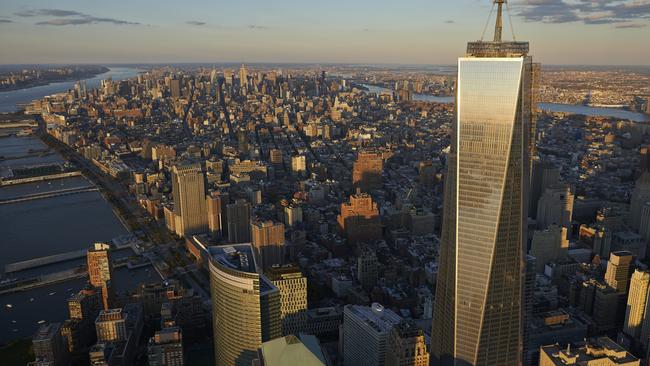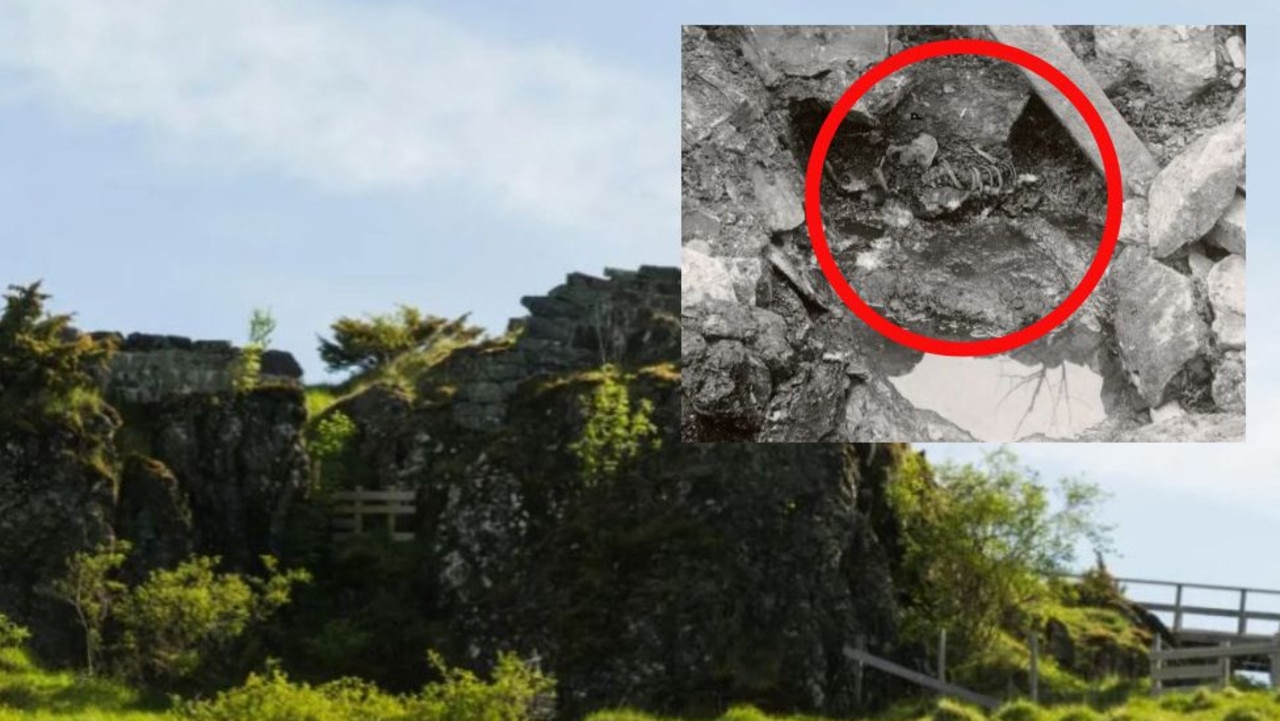The tiny island the British swapped for New York
YOU’VE probably never heard of it, but a tiny island off the coast of Darwin is so valuable it was once traded for New York.

RUN Island is so small it doesn’t make an appearance on most maps of Indonesia.
Closer to Darwin than Jakarta, this tropical island has an intriguing claim to fame. In 1667, it was swapped by the British for another small piece of land in North America — now better known as New York. Why? It was because of spices; cinnamon and cloves, but the real money spinner was nutmeg. In the 17th century this small nut became, kilo for kilo, worth considerably more than gold. Initially, it had been used to preserve food, and for the affluent, it was used as any spice would be these days — as flavouring on meals. Yet this all changed when Elizabethan doctors began recommending it as a cure to the bubonic plague, better known as Black Death, sweeping through Europe. Almost overnight its price went up 10-fold, and it just kept rising. Then, bold new claims were made for this wonder nut. It could cure the common cold, flatulence, and it was even believed to cure erectile dysfunction! — a definite improvement upon another remedy of the time, the chewing of roasted wolf’s penis prior to intercourse. The spice only came from the Banda Islands, a group of 10 small volcanic islands in the remote Indonesian Banda Sea. The Dutch controlled all of them, except one, Run. The British sent an expedition to try and gain a foothold in the lucrative supply of nutmeg and in 1616 colonised Run. So happy was King James I that he immediately changed his title to ‘King of England, Scotland, France, Ireland and Run’. The Dutch never gave up in trying to attack and occupy Run to gain a world monopoly of nutmeg, and this became one of the main causes of the Anglo Dutch wars. Eventually, at the peace treaty of 1667, the British reluctantly swapped Run for a flat, boring bit of North America, which did not even have any spices. The treaty negotiations dragged on for months, and the British were eager to conclude them and focus more on trade than fighting. Even so, the main island, what we now know as Manhattan, was little more than a swamp, and the British were not sure they had brokered a good deal. Three hundred and fifty years later that swamp is now a sprawling world famous metropolis, while Run, well, it has sunk into obscurity. It has no running water, electricity is only available for four hours a day, and in what would be unfathomable to most of us, it has no internet. The main street has just enough room to wheel a cart through, and there are no cars on the island. With the village built into the side of a cliff, walking is the only way to get around. The seas are only calm for three months of the year making transport to the island irregular at best. The islanders have to be self sufficient, and the weather also restricts the number of tourists who can actually visit. Lohor Burhan, a schoolteacher at the small island school, says nutmeg is the main source of income for the inhabitants. When the trees are being harvested, the family collects the nuts and dries them — usually on their own doorstep. Unfortunately for Run the price of the spice collapsed when the British stole seedlings and dramatically increased supply by planting them in their new colonies of India and Ceylon (now Sri Lanka). However, Run’s nutmeg remains in demand. All their produce is organic, they cannot afford chemicals and see no reason to use them because the volcanic soil is so fertile it allows three crops a year. Now, remarkably, their produce graces the tables in New York restaurants. Few of the 900 residents know, or care little, of their place in world events. But one man, Jusuf Barhani, does know of Run’s 15 minutes of fame: “I think somewhere called Florida. No, no it was New York, that we were swapped for. I have seen pictures, looks nothing like here. Many, many tall buildings. Why would you live without a beach and your nutmeg trees?” Jusuf may have a point. New York grew dramatically since the British obtained it, now with a population of more than 8.4 million and housing both the United Nations and the backbone of the world’s economy, Wall St, the contrast between itself and Run could not be starker. From a wealth and growth perspective perhaps the British did get the better deal, but Run cannot be denied its simple, peaceful way of life.



